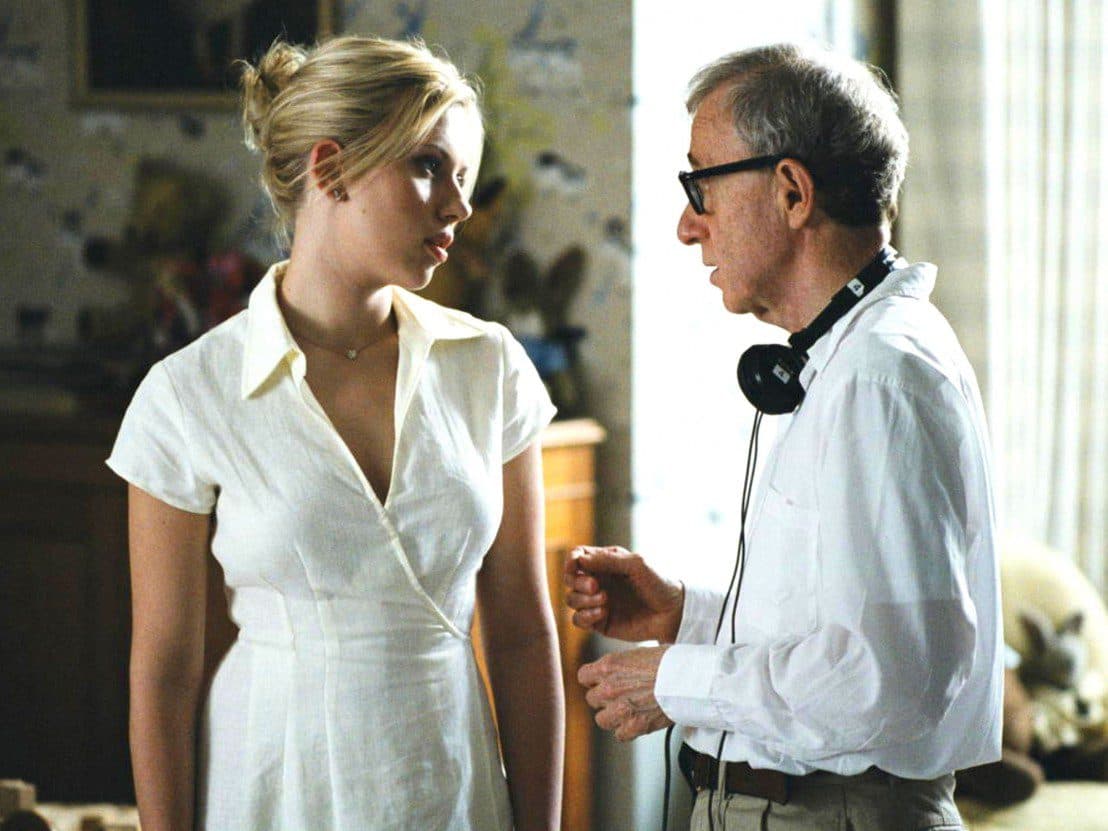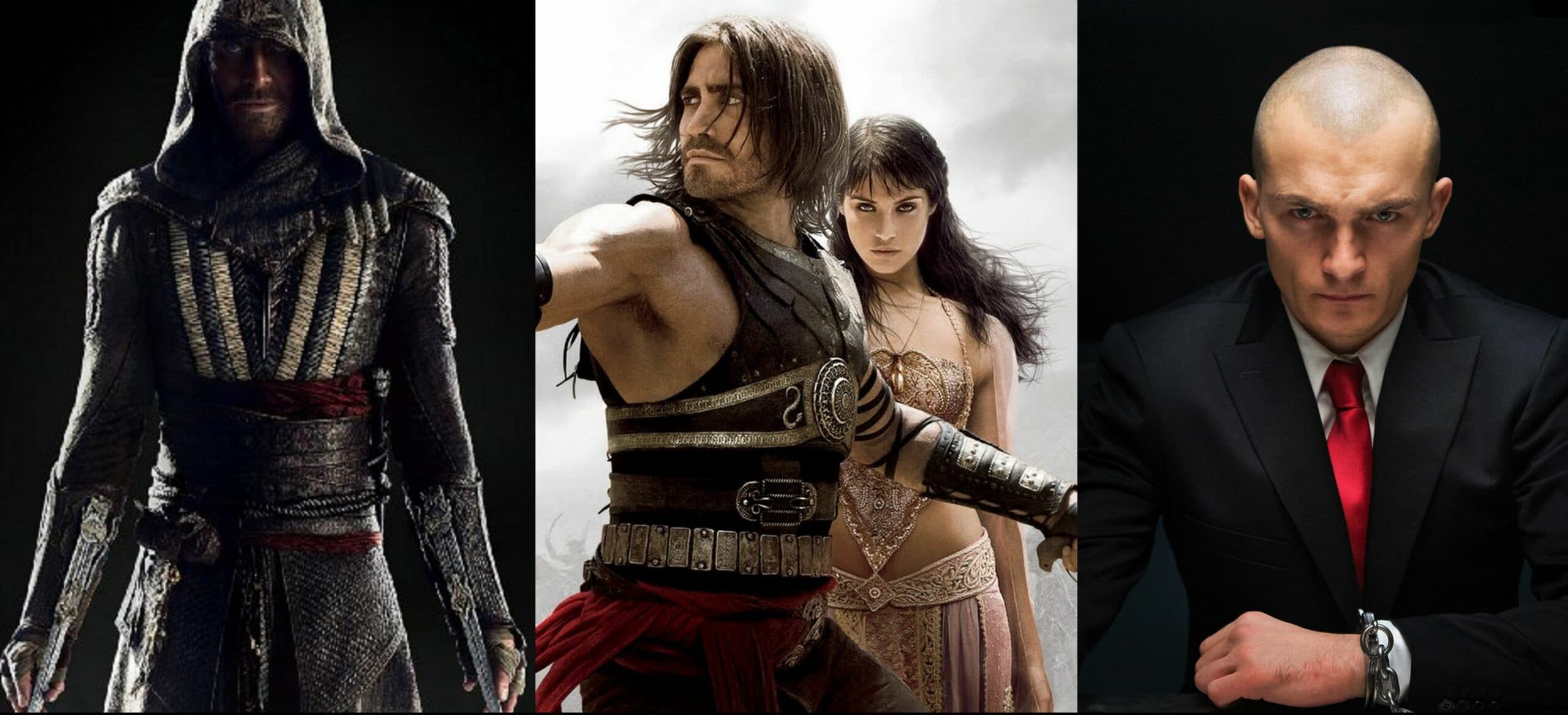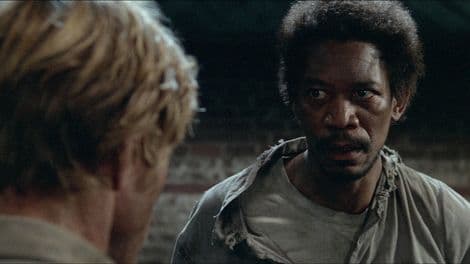dramatic films, Allen's journey through cinema reflects evolution and change. Each phase exhibits his growth as a director and writer, showcasing his ability to adapt while staying true to his vision.
Early Years: The Comedic Genius
Allen began with slapstick comedies and observational humor. His early films like “Take the Money and Run” (1969) and “Bananas” (1971) defined his comedic style. They featured zany characters, witty dialogue, and absurd scenarios. These films made audiences laugh with their quirky antics and outrageous situations.
Romantic Comedies and the New York Scene
As his career progressed, so did his focus on relationships. "Annie Hall" established him as a master of the romantic comedy. The film's fresh narrative style resonated with audiences. New York served as both backdrop and character, intertwining with his storytelling. The vibrant city life reflected in his work became a cornerstone of his identity as a filmmaker.
Exploration of Deeper Themes
In the 1980s, Allen shifted to films with deeper existential themes. "Hannah and Her Sisters" explored family dynamics and personal conflicts. This film demonstrated his evolution beyond humor into serious emotional territory. The blending of comedy with drama became a hallmark of his work during this time.
The Philosophical Edge
Allen embraced heavy philosophical questions in the late 1980s and 1990s. With "Crimes and Misdemeanors," he examined morality and conscience. This period reflected a darker sensibility in his films. The contrasts between light and dark showcased his range as a filmmaker, embracing complexities in human nature.
Recent Works and Legacy
Entering the 2000s, Allen continued experimenting. He ventured into differing genres, including dramas like "Match Point" (2005). This film displayed his ability to weave suspense with romance. His recent works continue to explore life's moral dilemmas with distinct nuance, contributing to his lasting legacy as an artist.
In Conclusion
Woody Allen remains a significant figure in cinema. His films challenge audiences to confront complex emotions and societal issues. They invoke laughter while prompting introspection. Regardless of the debate surrounding his personal life, his cinematic contributions are undeniable.
often European-set dramas. His filmography shows artistic evolution.
Early Comedies (Take The Money And Run 1969 – Love And Death 1975)
The early comedies cover "Take The Money And Run" (1969) to "Love And Death" (1975). They showcase slapstick humor, absurd situations, and silliness. Films like "Bananas" (1971) and "Everything You Always Wanted to Know About Sex * But Were Afraid to Ask" (1972) deliver pure comedic energy. They riff on genres and social norms with a playful spirit. These films feel like cinematic vaudeville acts. Fast-paced and gag-filled, they aim to elicit laughter. They established Allen as a comedic force, albeit a zany one.
Early Mia Farrow Period (A Midsummer's Night Sex Comedy 1982 – Radio Days 1987)
The early Mia Farrow period spans "A Midsummer's Night Sex Comedy" (1982) to "Radio Days" (1987). It marks a shift toward romantic and nostalgic themes with fantasy touches. This era includes films like "Zelig" (1983) and "The Purple Rose of Cairo" (1985). These films blend comedy with deeper emotional resonance and refined style. They are funny yet explore themes of identity and escapism. It's where Allen's sensibilities matured, incorporating nuanced storytelling and character development.
Modern ClassicsTransitions in His Films Throughout the Years
Woody Allen's filmography shows constant transitions. He began with "early, funny ones" like "Bananas" and "Love and Death." He then moved into romantic comedies like "Annie Hall" and "Manhattan." He explored dramatic and philosophical territory, recently venturing into European settings and languages with films like "Vicky Cristina Barcelona" (2008) to "Coup de chance" (2023). This evolution shows his artistic restlessness and desire to avoid stagnation. He isn't afraid to reinvent himself while retaining core thematic and stylistic concerns.
Last Movie: Coup de chance (2023)
"Coup de chance" (2023) stands as Woody Allen's latest film, possibly his last. This French-language thriller marks another stylistic shift for Allen. It explores suspense while maintaining witty dialogue and relationship themes. The film premiered at the Venice Film Festival and received positive reviews. Even after decades, Allen surprises and engages audiences. It fits as a concluding film—a sophisticated, stylish work that is characteristically Woody Allen.
Reason for Potentially Stopping Making Films
Rumors of Woody Allen’s retirement have circulated for years. They stem from his comments and changes in the film industry. A statement clarified that he never stated he was retiring, but was considering it. Making films that go quickly to streaming isn't as enjoyable for him. Allen values theatrical experiences and expressed dissatisfaction with streaming trends. Despite turning 88 in 2023, he might still make another film. This reflects his enduring passion for filmmaking.
Woody Allen's Success & Recognition
Despite controversies and cultural shifts, Woody Allen’s recognition in film is undeniable. His trophy cabinet includes multiple Oscars. His films often received critical acclaim and audience appreciation.
Oscars Won by Woody Allen
Woody Allen has won four Oscars. He received the Academy Award for Best Director for "Annie Hall." He won Best Original Screenplay for both "Annie Hall" and "Hannah and Her Sisters." In 2002, he received the Irving G. Thalberg Memorial Award, an honorary Oscar recognizing his work. While nominated many times, these wins reflect the Academy's highest recognition of his contributions.
Best Picture Oscar for Annie Hall (1977)
The most prestigious Oscar win for Woody Allen is the Best Picture award for "Annie Hall" in 1977. This victory solidified "Annie Hall" as a critical darling and a commercially successful, culturally impactful film. It marked a peak in his career and cemented his major cinematic voice. Winning Best Picture is the ultimate accolade in Hollywood. "Annie Hall"'s triumph underscored its significance and legacy.
Best Actress Winners in Woody Allen Films (Diane Keaton, Cate Blanchett)
Woody Allen’s films have provided fertile ground for award-winning performances by actresses. Diane Keaton won Best Actress for "Annie Hall." Cate Blanchett won Best Actress in a Leading Role for her performance in "Blue Jasmine" (2013). These wins highlight Allen's ability to create complex female characters that resonate with audiences. His films consistently offer rich roles, leading to significant recognition.
Oscar Nominations for Women in His Films
Beyond Best Actress wins, Woody Allen's films garnered numerous nominations for women. Dianne Wiest won Best Supporting Actress in "Hannah and Her Sisters" and "Bullets Over Broadway" (1994). Mira Sorvino won for "Mighty Aphrodite" (1995). Women have received six more nominations in supporting categories for Allen's films. This record underscores his reputation for creating strong, multi-dimensional characters and eliciting exceptional performances. His narratives often center mature, female-focused stories as seen in "Hannah and Her Sisters" and "Interiors" (1978).
Woody Allen's Highest Grossing Film: Midnight in Paris
Critical acclaim matters, but box office success is important for a filmmaker's legacy. Woody Allen's highest-grossing film is "Midnight in Paris" (2011). This whimsical film resonated with global audiences, proving his enduring appeal. "Midnight in Paris" shows Allen's ability to create films that are both artistically satisfying and commercially viable.
Ninety Percent of Life Is Just Showing Up
A famous quote from Woody Allen is, "Ninety percent of life is just showing up." It can mean different things. In his career context, it reflects his prolific work ethic and consistent output. He has shown up film after film, year after year, creating a diverse oeuvre. This quote signifies the importance of perseverance in creative endeavors. For Allen, it means consistently writing, directing, and executing his unique vision. It's about being present and engaged in creation.
Why Is Woody Allen a Genius?
Why do many consider Woody Allen a genius? It's a combination of factors. He is one of cinema's greatest comedy directors, yet his films are more than just funny. They contain thoughtful social commentary on modern life. He uses satire, drama, and philosophy to reflect society. His humor blends intellectual and emotional depth. His cinematic style, high output, and memorable characters all contribute to his reputation as a genius. He is not just an entertainer; he challenges, provokes, and delights audiences.
Woody Allen's Personal Life
Woody Allen's personal life often fascinates the public as much as his films do. From his marriages to his private nature, his life has intersected with
his public persona and artistic output.
Why Woody Allen Doesn't Attend the Oscars
Woody Allen does not attend the Oscars. He cites a clarinet gig on Mondays as his reason. Some see this as an excuse. It shows his love for music. He stays away from Hollywood glamour. Allen focuses on his work instead of accolades. His clarinet gig holds more value than a red carpet.
Woody Allen's New York Apartment
Woody Allen's New York apartment reflects his style. It features 18th-century pine paneling. This gives it an old-world charm. The apartment has a cloakroom and garden. It suggests a wish for peace amid city chaos. His neighborhood shows his bond to New York City. This city is also a backdrop in his films. His apartment is sophisticated and intellectual, mirroring his films.
Is Woody Allen an Introvert?
Is Woody Allen an introvert? Many think so. This aligns with the stereotype of comedians. They often appear introverted despite fame. Comedians like Steve Martin, John Belushi, and Allen show this pattern. It might seem odd, but it makes sense. Observing and finding humor requires introspection. Introversion fuels creativity. It offers the space for reflection found in Allen's work. His films often show isolation and introspection, hinting at his nature.
Does Woody Allen Believe in God?
Does Woody Allen believe in God? His films suggest he does not. In "Crimes and Misdemeanors," good people suffer, and injustice reigns. This reflects his atheistic views. For him, it is a sad outcome of lacking faith. His films ask existential questions and seek meaning in a godless world. This perspective shapes character anxieties and moral explorations.
Scarlett Johansson's Opinion on Woody Allen
Amid controversies, Scarlett Johansson supports Woody Allen. She expressed love for working with him and believes in his innocence. Her defense, among others, shows divided opinions on Allen. Johansson's support matters, as she has collaborated with him many times. This adds to the debate on his legacy.
Woody Allen's Film Specifics
Examining specific films reveals Woody Allen's artistic range. Two notable films are "Deconstructing Harry" and "Hollywood Ending." Each holds insights into his style and themes.
Deconstructing Harry (1997)
"Deconstructing Harry" is a 1997 black comedy. It is personal and inventive. Woody Allen wrote, directed, and starred in it. The movie features an ensemble cast, including Caroline Aaron, Kirstie Alley, and a young Jennifer Garner. The film follows Harry Block, a writer who mixes reality and fiction, akin to Allen's own life. It is meta-cinematic, darkly humorous, and explores creativity, morality, and responsibility.
Hollywood Ending (2002) - Movie Where Woody Allen Is Blind
"Hollywood Ending" is a 2002 comedy film. Allen plays a director who loses sight from stress. He wrote, directed, and starred in the film. It satirizes Hollywood and filmmaking fears. A blind director trying to film leads to comedic moments. The movie is light but carries Allen's signature wit and humor.
Controversies and Actors
No discussion of Woody Allen is complete without his controversies. These have affected his public image. Some actors have distanced themselves from him due to these issues.
Actors Who Refuse to Work with Woody Allen
In light of allegations against Allen, some actors refuse to work with him. These include Colin Firth, Rachel Brosnahan, and Timothée Chalamet. They cite ethical reasons and support for abuse victims as their motives. This shift among prominent actors impacts Allen's career significantly. It has made securing funding and casting much harder for him recently. It marks a change in industry perception.
Woody Allen's cinematic universe is complex yet captivating. From early comedies to introspective dramas, he has created personal yet resonant work. Whether one admires his genius or grapples with controversies, his impact on cinema is undeniable. His films will continue to be analyzed and debated, securing his legacy as one of the most significant filmmakers today.













Responses (0 )